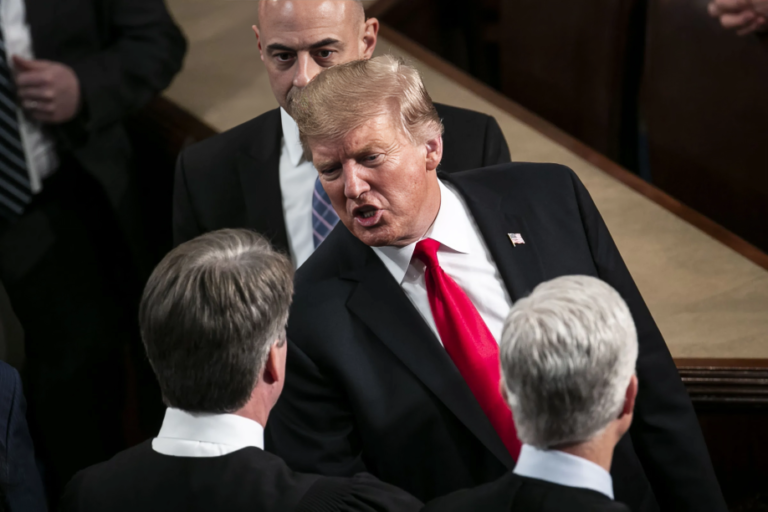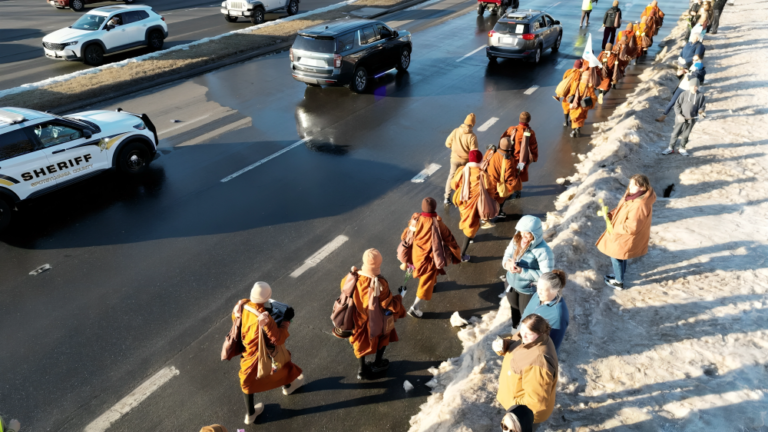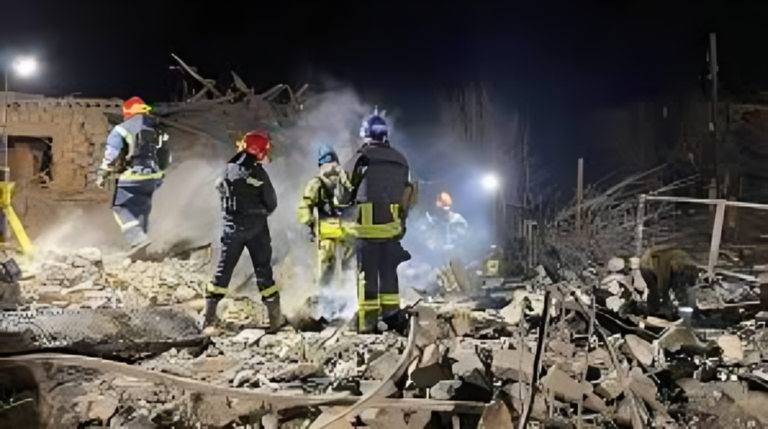Following deadly altercations between students and police on Wednesday, Bangladesh closed all of its educational institutions indefinitely as nationwide demonstrations against job quotas spread across university campuses.
Since the beginning of July, students have been staging protests on college campuses against the government’s quota system, which reserves 30% of public service positions for the relatives of those who participated in Bangladesh’s 1971 liberation war.
The students demand the system’s reform and more just distribution of well-paid public service jobs.
The protests turned violent on Sunday after Prime Minister Sheikh Hasina undermined the cause by suggesting that the demonstrators supported the “razakars,” or those who had collaborated with the Pakistani military — an enemy occupying force — during the 1971 war.
Students denounced the comparison and more of them joined the rallies, where they clashed with members of the youth wing of Hasina’s ruling Awami League party and security forces.
As violence escalated and turned deadly on Tuesday, the Ministry of Education and the University Grants Commission of Bangladesh announced in separate notifications that all secondary educational institutions, universities, and medical colleges across the country would remain closed “until further notice” and “for the safety of the students.”
According to local media reports at least six people, including four students, were killed and 400 injured when the clashes broke out in Dhaka, Chottogram, Rajshahi, and Rangpur.
Protesters estimate that the actual numbers are even higher.
“More than 1,000 of our protesters were injured during the clashes. Seven died, including one bystander. Just now, we held funeral prayers in absentia for our fellows who lost their lives,” said Mohammad Nahid Islam, coordinator of the Students Against Discrimination group, which is part of the protests in Dhaka.












+ There are no comments
Add yours